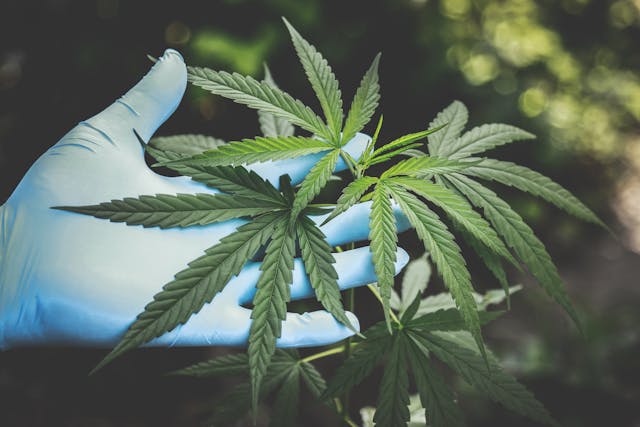With a suite of bipartisan bills moving through Congress that could be pillars in a regulatory framework for CBD, what would it look like if they all became law?
First of all, should any or all of the measures pass, the U.S. Food and Drug Administration (FDA) would be required to move swiftly to establish testing, labeling, and manufacturing standards for CBD products – after years of inaction.
The four measures propose specific paths forward for the FDA to approve CBD products while ensuring safety standards in food and dietary supplements. The legislative efforts come amid growing urgency to address legal gray areas that contributed to weak market growth, mainly for over-the-counter CBD oils, and concerns over consumer safety.
Under current regulations, companies cannot legally market CBD products as food or supplements without FDA approval, and the agency has only sanctioned one CBD-based product – Epidiolex, a drug approved back in 2018 to treat certain forms of epilepsy. The lack of regulation has left the over-the-counter CBD gray market in limbo, with businesses and consumers uncertain about what products are compliant with federal law. (It also sparked an illicit, raging gray market in hemp-derived intoxicants, another story entirely).
FDA’s resistance
Despite the federal legalization of hemp under the 2018 U.S. Farm Bill, which removed hemp and its derivatives from the Controlled Substances Act (CSA), the FDA has resisted approving CBD as a food additive or dietary supplement, citing safety concerns. As CBD products continue to proliferate, the FDA has taken a risk-based approach to enforcement, sending warning letters to companies whose products make unsubstantiated health claims or are marketed in ways that could mislead consumers, but doing little else.
The agency has said it is unable to set regulations for CBD because not enough is known about its inclusion in foods or supplements to regulate those products under the FDA’s current structure. The agency’s commissioner, Robert Califf said earlier this year that FDA does not consider hemp-derived CBD safe enough to be sold lawfully as a dietary supplement, and urged Congress to create a new pathway to regulate the substance – which the four bills, or any one of them, would do.
With bipartisan support, H.R. 4849, S. 2451, H.R. 1628, and H.R. 1629 could cut a pathway for the Food and Drug Administration (FDA) to finally create essential legal clarity and set the CBD market free to, hopefully, thrive under federal guidelines.
To read more, click on Hemp Today

